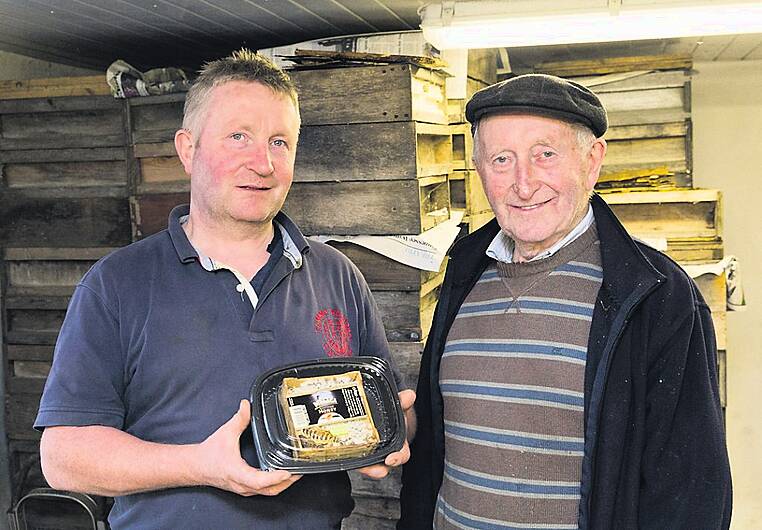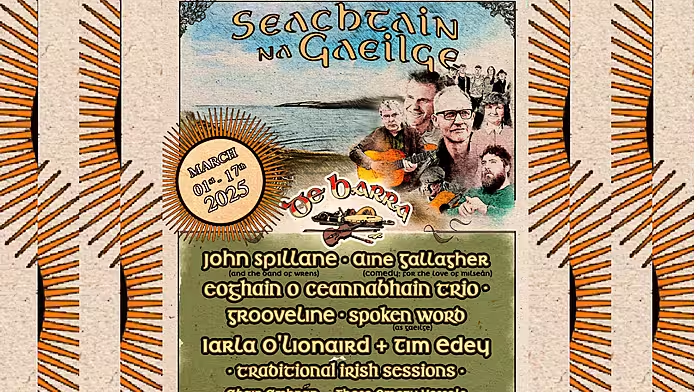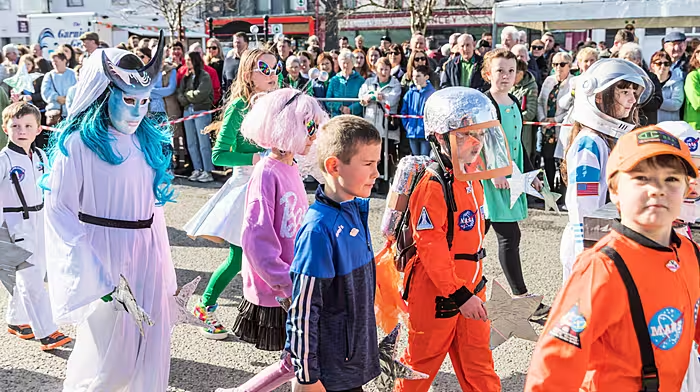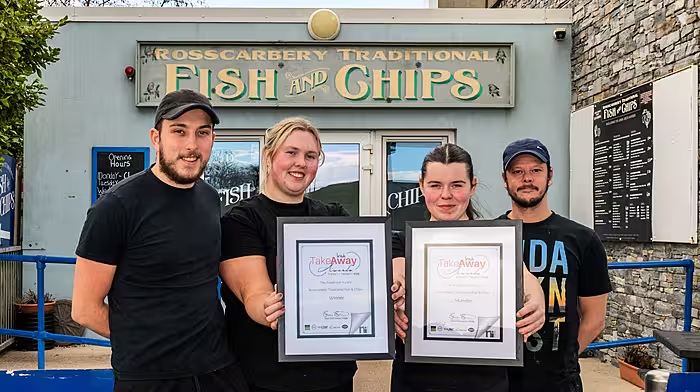If you're looking for the land of milk and honey, look no further than Timoleague and the Collins family.
IF you’re looking for the land of milk and honey, look no further than Timoleague and the Collins family.
While the Collins family have been dairy farming in Gurranes for many generations, they have been harvesting honey for even longer than that.
‘Our family has been here on this land since the late1700s. They always milked, but the honey was in their blood so to speak and this was passed down through the generations,’ Kevin Collins told The Southern Star.
Jerry, Kevin’s father, first started to sell his honey back in the 1960s and, strangely enough, there wasn’t a local market for it back then.
‘We’ve had beehives and honey here for as long as anyone can remember. It goes back generations and the honey we produce is now sold in most of the multiples nationwide. My father used to sell the honey to retailers further up the west coast in the 1960s.
‘Back then there were a lot more beekeepers than there are today and, sadly, the craft is, dying out,’ Kevin said.
As well as beekeeping, the family milk over 200 cows. ‘Before the end of the milk quota we had been increasing slowly. We bought land and quota, we started off with 40 cows 20 years ago and built it up to what we have today.
‘Milk prices are good at the moment, but while the milk quota is a thing of the past, we have to remember that today our quotas are in the form of the environment, a factor that is very important for the survival of our hives and our honey,’ Kevin continued.
For the Collins’ there is a perfect marriage between the production of milk and honey.
‘Bees hibernate in the winter, we feed them in March and, while we are extra busy in May and June, by the end of July, the work is all but done,’ Kevin said.
Mogala Honey, whose bees produce over 70 tonnes of honey each year, also provides employment for local 20 farmers with over 370 hives spread out across West Cork.
‘We have help on the dairying side of the business with three part-time employees and this is going well. We have great support from Teagasc and we are very lucky here to have quite good broadband. This not only helps with the running of the farm but is essential when it comes to dealing with our existing customers and any potential new customers.’
However, like product businesses across the country, Kevin and his father are looking with some concern to a post-Brexit downturn.
‘There is no doubt that the market is going to be a lot tougher when Britain finally leaves the EU,’ Kevin said.
‘For Mogala Honey, we don’t do business in the UK nor do we use the land bridge for raw materials, etc. But that doesn’t mean that we won’t be affected. However, the milk side of things is very worrying.
‘We are waiting to see what is going to happen but no matter what the out come, a hard or soft Brexit, I think it is going to be tough for the farming sector.’
As to the future of beekeeping and honey products in Ireland, Kevin feels that the government has missed an opportunity to not only increase the numbers of hives and bees across the country but to also help the environment.
‘There is a lost opportunity here, with the schemes such as GLAS and REPS before, encouraging farmers to have bee hives on their land would have not only given them another source of income but would have also increased the number of pollinators and this would have been of great benefit to the local environment,’ Kevin said.








